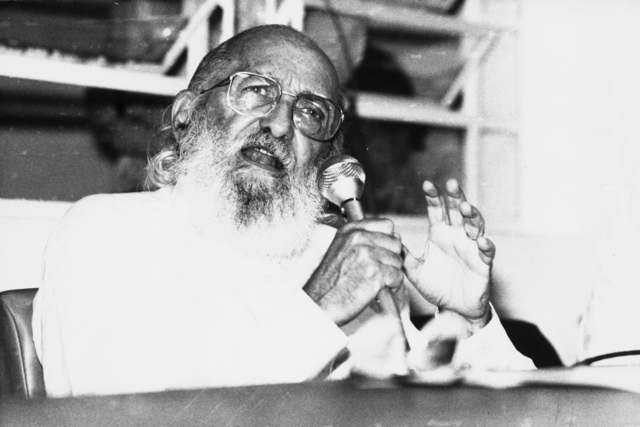International Handbook of Curriculum Research
A Book Review
DOI:
https://doi.org/10.14288/tci.v18i2.196901Keywords:
Curriculum, internationalization, neoliberalism, ColonialismAbstract
The International Handbook of Curriculum Research is a tremendous pioneering contribution to the internationalization of curriculum studies discourses. Its editor is the world-famous curriculum theorist and educator William F. Pinar. A leader of the reconceptualization movement of curriculum studies in North America during the 1970s, Pinar continues to be one of the most renowned and prolific curriculum scholars in the world. One of the key contributions of his scholarship is to understand the curriculum as an international text and promote the internationalization of curriculum studies as a worldwide discipline. Internationalization of curriculum studies requires, and creates, spaces where curriculum scholars working around the world in their own contexts engage in what he calls “complicated conversation” (Pinar, 2019) with one another.
References
Krishnamurti, J. (1973). Beyond violence. Harpercollins College Division.
Kumar, A. (2013). Curriculum as meditative inquiry. Palgrave Macmillan.
Kumar, A. (2019). Curriculum in international contexts: Understanding colonial, ideological and neoliberal influences. Palgrave Macmillan.
Kumar, A. (Ed.). (2022). Engaging with Meditative Inquiry in Teaching, Learning, and Research: Realizing Transformative Potentials in Diverse Contexts. Routledge.
Pinar, W. F. (Ed.). (2003). International handbook of curriculum research. Routledge.
Pinar, W. F. (Ed.). (2010). Curriculum studies in South Africa: Intellectual histories, present circumstances. Palgrave Macmillan.
Pinar, W. F. (Ed.). (2011a). Curriculum studies in Brazil: Intellectual histories, present circumstances. Palgrave Macmillan.
Pinar, W. F. (Ed.). (2011b). Curriculum studies in Mexico: Intellectual histories, present circumstances. Palgrave Macmillan.
Pinar, W. (2019). What is curriculum theory? (3rd ed.). Routledge.
Pinar, W. F. (Ed.). (2014a). Curriculum studies in China: Intellectual histories, present circumstances. Palgrave Macmillan.
Pinar, W. F. (Ed.). (2014b). International handbook of curriculum research (2nd ed.). Routledge.
Pinar, W. F. (Ed.). (2015). Curriculum studies in India. Intellectual histories, present circumstances. Palgrave Macmillan.


